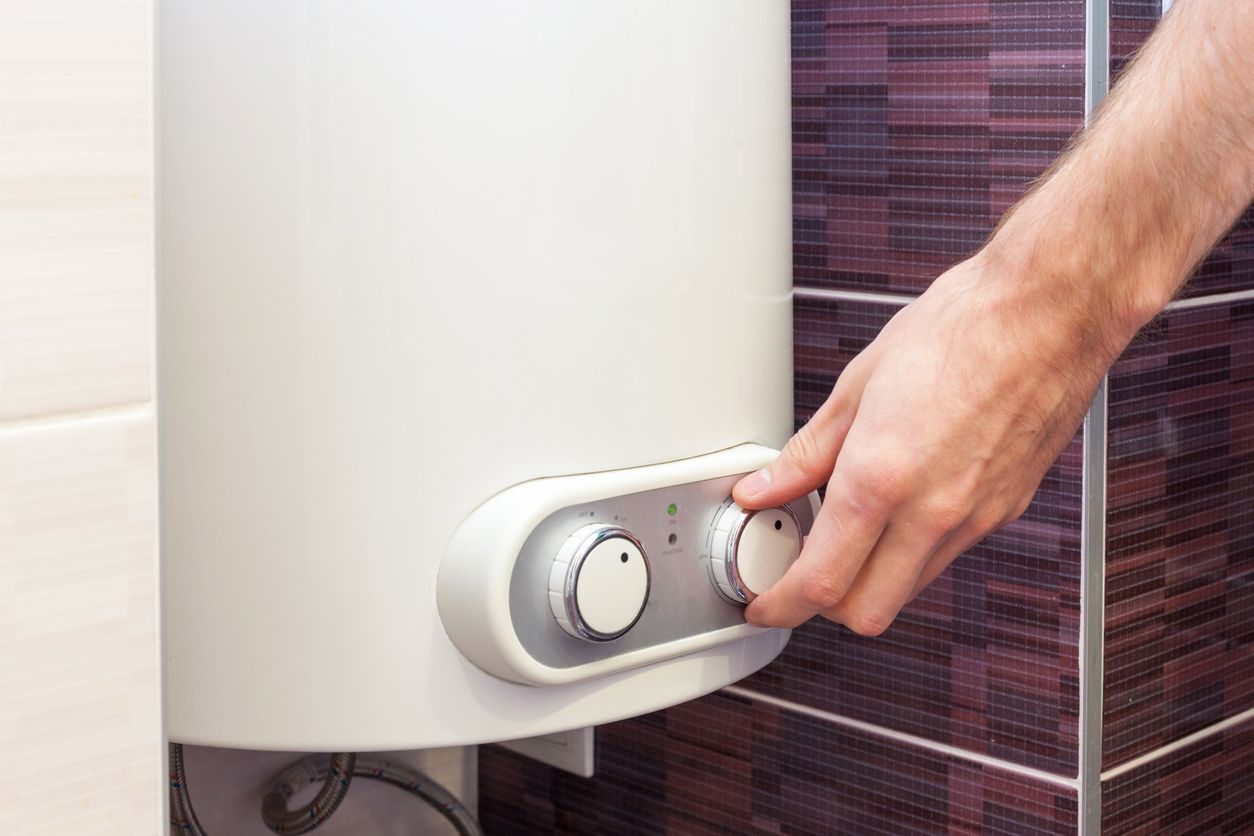Handling the Top Water Heater Crisis Situations
Handling the Top Water Heater Crisis Situations
Blog Article
Do you find yourself trying to locate critical info on Common Hot Water Heater Problems?

A water heater is one of the most essential standard appliances that can be located in a house. With hot water heater, you do not need to undergo the stress and anxiety of home heating water by hand whenever there is a requirement to wash, wash, or the meals. There is always a possibility that your water heating unit would certainly act up as with a lot of mechanical tools.
It is very important to keep in mind any little malfunction and also tackle it quickly prior to points get out of hand. Many times, your water heater begins to malfunction when there is a build-up of debris as a result of continual usage. As a safety measure, periodic flushing of your hot water heater is recommended to avoid sediment build-up as well as stop useful failure.
Usual water heater emergency situations and exactly how to deal with them
Too little warm water
It may be that the water heating unit can't support the hot water demand for your apartment or condo. You can update your water heating system to one with a bigger capability.
Rising and fall water temperature level.
Your water heating unit can start creating water of various temperatures typically ice hot or cold warm. There may be a demand to change either the thermostat or the heating device of your water heater.
Leaking water heater container.
In this situation, you should turn off your water heating system, allow it to cool down, and also thoroughly look for the source of the trouble. At times, all you need to do is to tighten up a couple of screws or pipeline links in instances of minor leakages. If this does not function and the leakage lingers, you may require to utilize the services of a service technician for an ideal substitute.
Discolored or odiferous water
When this happens, you require to recognize if the issue is from the container or the water source. If there is no amusing scent when you run chilly water, after that you are specific that it is your water heater that is malfunctioning. The smelly water can be caused by rust or the build-up of bacteria or debris in the water heating system container.
Verdict
Some homeowners disregard little warning as well as minor faults in their hot water heater system. This only leads to more damages and a possible total breakdown of your device. You need to handle your water heater faults as quickly as they come up to stay clear of even more expenditures and also unnecessary emergency troubles.
With water heating units, you don't require to go via the anxiety of home heating water by hand every time there is a demand to take a bath, do the laundry, or the dishes. It may be that the water heater can not sustain the hot water demand for your home. Your water heating unit might begin creating water of various temperatures typically ice cold or hot warm. If there is no funny smell when you run cold water, after that you are certain that it is your water heater that is malfunctioning. The odiferous water can be triggered by corrosion or the build-up of bacteria or debris in the water heating unit tank.
Common Water Heater Issues and What You Should Do
What Type of Water Heater Do You Have?
Before we begin it’s first important that you identify the type of water heater you have on your property. There are two main types of water heaters out there: conventional and high efficiency.
Both of these types of products typically use either gas or electricity to heat power. There are also solar water heaters that use a thermal collector on the roof or yard to heat the water.
While these models are not as common, they can cut heating costs in half. In this article, we will focus on conventional and high efficiency.
How Do My Electric and Gas Water Heater Work?
Though they look similar, electric and gas water heaters work very differently. It’s important to know their basic function because often problems can be specific to the heating source.
In the electric model, a thermostat on the side of the machine detects the temperature of the water in the tank. When the temperature needs to rise electricity flows to a heating element suspended in the water.
Gas models also use a thermostat device — typically with a mercury sensor at the tip and an additional sensor called a thermocouple. The thermocouple detects whether the pilot light is on and controls the flow of gas.
When the thermostat drops below the appropriate level gas is released which becomes ignited by the pilot light. The flame heats the bottom of the water tank which causes hot water to rise and cold water to drop.
This natural circulation continues until the water reaches the desired temperature. Then, the thermostat triggers the gas control valve to shut off the flow of gas.
What Are the Most Common Issues and How Do You Fix Them?
https://happyhiller.com/blog/common-water-heater-issues-and-what-you-should-do/

I ran across that piece of writing on Is Your Water Heater Leaking? while scouting around the search engines. Remember to take the opportunity to promote this content if you enjoyed reading it. We truly appreciate reading our article about Common Hot Water Heater Problems.
Book-Now Report this page